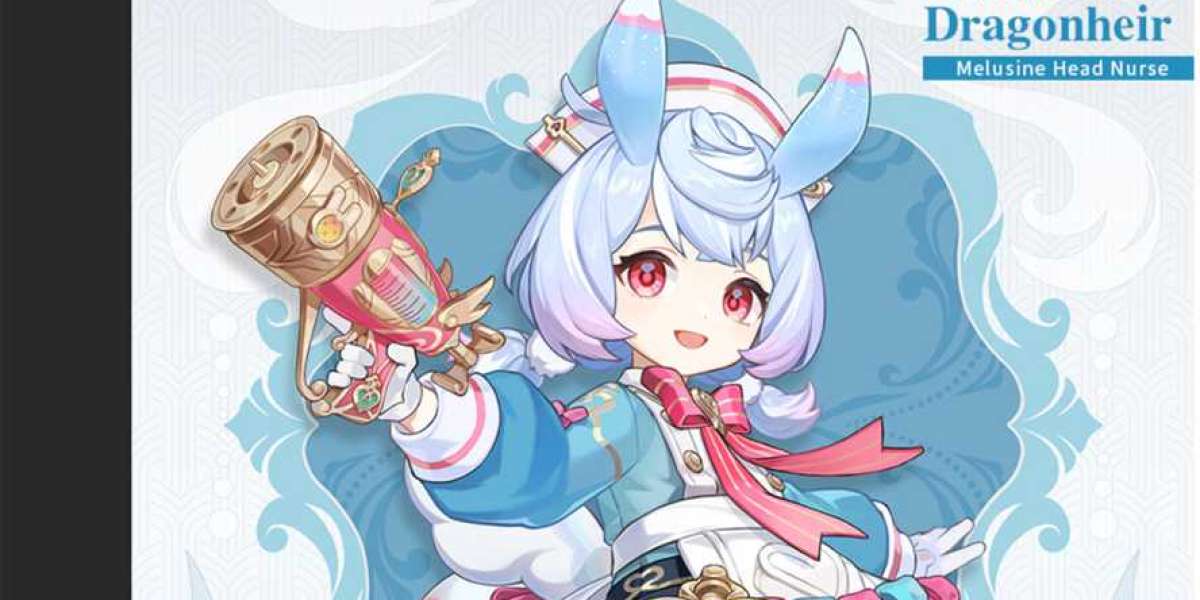The Appeal of Chinchilla Fur Coats
chinchilla fur coats is prized for its softness, warmth, and luxurious appearance. The dense fur of chinchillas makes for exquisite coats that are both fashionable and functional. As such, chinchilla fur coats have remained a status symbol in the world of high fashion, coveted by those who seek to make a bold style statement.
The Ethical Concerns
Despite their allure, chinchilla fur coats raise significant ethical concerns. Chinchillas are small, nocturnal rodents native to the Andes Mountains in South America. They are highly valued for their fur, which has led to widespread trapping and farming of these animals for their pelts.
The Case Against Chinchilla Fur
Animal rights activists argue that the fur industry subjects chinchillas to cruel and inhumane treatment. Many chinchillas are raised in cramped, overcrowded cages on fur farms, where they are deprived of the opportunity to engage in natural behaviors such as burrowing and grooming. The farming and trapping methods used to obtain chinchilla fur have been criticized for their detrimental impact on wild chinchilla populations and the environment.
The Fur-Free Movement
In recent years, there has been a growing movement towards ethical and sustainable fashion, with many consumers opting to boycott fur products altogether. High-profile fashion brands and retailers have responded to consumer demand by adopting fur-free policies and discontinuing the sale of chinchilla fur coats and other fur products.
The Other Side of the Argument
However, proponents of chinchilla fur argue that fur farming can be conducted ethically and sustainably, with proper regulations in place to ensure the humane treatment of animals. They contend that responsibly sourced chinchilla fur can provide much-needed income for local communities and support conservation efforts to protect wild chinchilla populations.
Finding Common Ground
Ultimately, the ethical debate surrounding Leatherjacketblack is complex and multifaceted. While some advocate for a complete ban on fur products, others believe that regulated and transparent fur farming practices can coexist with ethical fashion principles.
Conclusion
In conclusion, the ethics of wearing chinchilla fur coats are a matter of personal values and beliefs. As consumers, it is important to educate ourselves about the origins of the products we purchase and consider the ethical implications of our fashion choices. Whether we choose to embrace chinchilla fur as a symbol of luxury or opt for fur-free alternatives, we must strive to make informed decisions that align with our principles and values.








